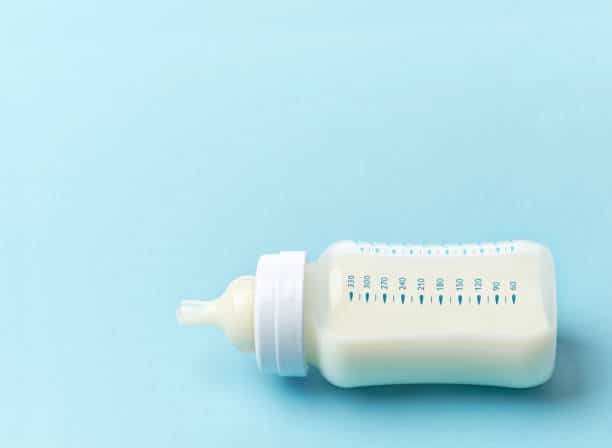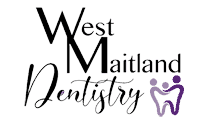Baby Bottle Tooth Decay

At West Maitland Dentistry, we celebrate National Children’s Health Month by sharing knowledge about a common problem that most new parents don’t even realize! Baby bottle tooth decay is a totally preventable disease, so this week we’re highlighting what it is and what actions you can implement to prevent it!
What is Baby Bottle Tooth Decay and How Does it Happen?
Baby bottle tooth decay occurs when an infant or young child get cavities. These cavities are usually found in the upper teeth can occur anywhere in the mouth. This decay occurs when the child drinks liquids over a long period of time. Most drinks have sugars in them, whether natural like those in milk, or artificially found like in juices and sodas. When a child drinks through a bottle over a long period of time these sugars rest on the child’s tooth. Bacteria in the mouth digest these sugars and then excrete acid. The acid secreted than causes the teeth to decay, eventually becoming cavities.
Who is Most Likely to Get Baby Bottle Tooth Decay?
- When infants drink milk, juices or sodas during naps or bedtime they become more susceptible since the sugars remain on their teeth. Also when we sleep our saliva rates decrease making it harder for those sugars to be rinsed off the teeth.
- Babies using pacifiers dipped in sugar or syrup are also susceptible to this disease.
- Children who don’t have adequate fluoride in their diet are more likely to get baby bottle tooth decay.
- Finally, when a parent shares saliva with their baby, the bacteria from their saliva gets transferred to their baby, making it easier for the baby to get cavities.
How to Prevent Baby Bottle Tooth Decay?
The good news is that baby bottle tooth decay is totally preventable! Here are some easy tips to prevent your child from getting cavities:
- Don’t leave your child with a bottle during naps or bedtimes.
- Have your infant finish their bottles before bedtime.
- Avoid sugary drinks in their bottles, like juice and sodas. Stick to milk, breast milk or formula when giving your child a bottle.
- Start your child in the habit brushing by cleaning their gums with a wet washcloth to wipe down excess milk after each feeding.
- Brush baby teeth after each night time meal. Brush with a small smear of toothpaste (think the size of a rice grain) until the age of 3, from 3 to 6/7 use a small pea-sized amount. Supervise your child to make sure they don’t swallow excess fluoride.
- Test well water to ensure your child is getting adequate fluoride in their diet.
- Do not dip your child’s pacifier in any sugar, honey or sugary substances before giving it to them.
- Do not clean your child’s pacifier by using your own mouth.
- spoons with your child, even if testing their food, use a separate utensil.
- Encourage your child to drink out of a cup by their first birthday.
We recommend bringing your child to their dentist after the appearance of their first tooth. Schedule your appointment with Dr. Dhaliwal to discuss any questions you have about your child’s oral health. Remember that early healthy habits lead to lifelong healthy teeth!

